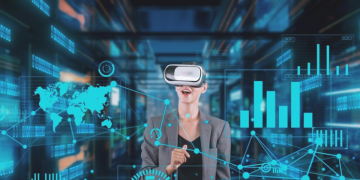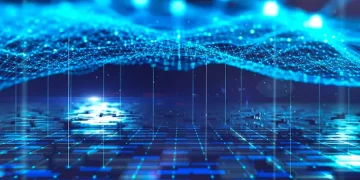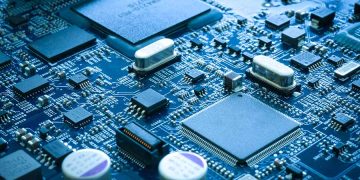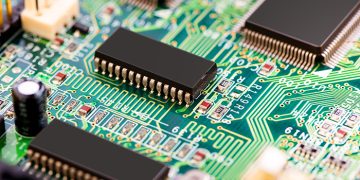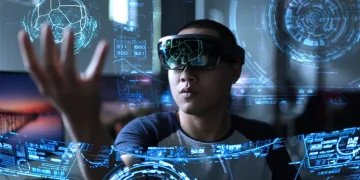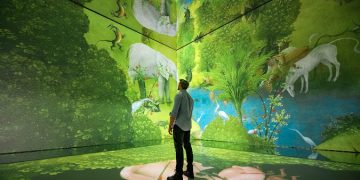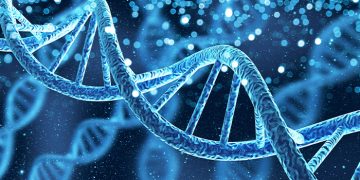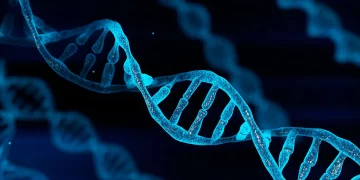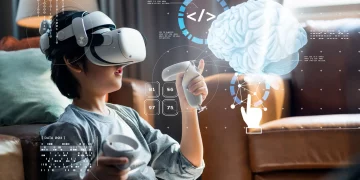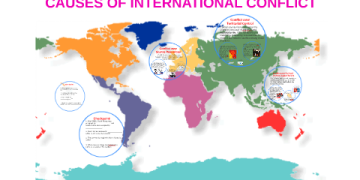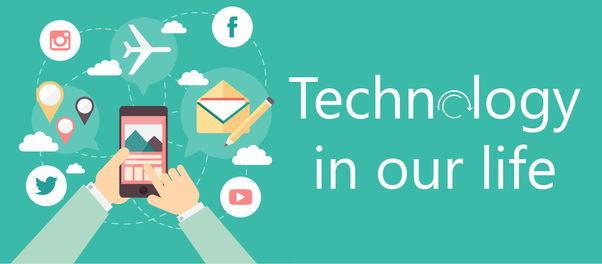I. Introduction: The Double-Edged Sword
Technology’s presence in daily life is no longer a novelty; it’s a defining feature of modern society.
While innovations such as AI assistants, IoT devices, and digital payment systems offer efficiency and comfort, they also reshape relationships, challenge traditions, and raise ethical dilemmas.
II. Technology and Social Behavior
The rise of smartphones and social media has changed how we communicate:
- Positive Effects: Easier long-distance connections, opportunities for self-expression, and access to global communities.
- Negative Effects: Shortened attention spans, decreased face-to-face interaction, and risks of misinformation.
Technology thus acts as both a bridge and a barrier in human relationships.
III. Privacy in a Hyperconnected World
Every click, swipe, and voice command generates data.
Issues include:
- Data Exploitation: Companies use personal data for targeted advertising.
- Security Risks: Cyberattacks on personal devices threaten financial and personal safety.
- Consent Dilemmas: Users often agree to lengthy terms of service without understanding the implications.
A sustainable tech-driven society requires transparent data policies and stronger legal safeguards.

IV. Automation and the Future of Work
Automation and AI-driven technologies in everyday contexts—from grocery store self-checkouts to AI-driven logistics—are transforming labor markets:
- Efficiency Gains: Faster production and lower operational costs.
- Displacement Risks: Certain jobs become obsolete, requiring large-scale reskilling efforts.
Society faces a choice: embrace technology while creating policies to support displaced workers, or risk deepening economic inequality.
V. Technology and Cultural Shifts
Daily-life technologies also influence cultural norms:
- Family Life: Shared screen time sometimes replaces traditional communal activities.
- Education: Increased reliance on online platforms reshapes teacher–student dynamics.
- Ethics of Enhancement: From wearable health trackers to potential neural interfaces, questions arise about how far we should integrate machines into our identities.
These changes require collective reflection on values and traditions.
VI. Toward Responsible Integration
Key strategies for managing technology’s role in daily life:
- Digital Literacy: Teaching critical thinking and safe online behavior.
- Policy Innovation: Designing laws to keep pace with new technologies.
- Inclusive Access: Ensuring technological benefits reach marginalized communities.
- Ethical Design: Encouraging companies to prioritize user well-being over profit.
VII. Conclusion: Building a Human-Centered Tech Society
Technology’s ultimate purpose should be to serve humanity, not dominate it.
By addressing privacy, labor, and ethical issues, society can build a future where daily-life technology enhances—not erodes—human dignity and community.








